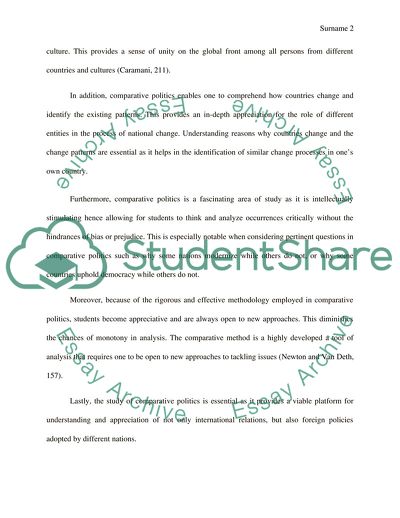Cite this document
(Foundations of Comparative Politics Literature review Example | Topics and Well Written Essays - 1500 words, n.d.)
Foundations of Comparative Politics Literature review Example | Topics and Well Written Essays - 1500 words. https://studentshare.org/politics/1771706-comparative-politics
Foundations of Comparative Politics Literature review Example | Topics and Well Written Essays - 1500 words. https://studentshare.org/politics/1771706-comparative-politics
(Foundations of Comparative Politics Literature Review Example | Topics and Well Written Essays - 1500 Words)
Foundations of Comparative Politics Literature Review Example | Topics and Well Written Essays - 1500 Words. https://studentshare.org/politics/1771706-comparative-politics.
Foundations of Comparative Politics Literature Review Example | Topics and Well Written Essays - 1500 Words. https://studentshare.org/politics/1771706-comparative-politics.
“Foundations of Comparative Politics Literature Review Example | Topics and Well Written Essays - 1500 Words”. https://studentshare.org/politics/1771706-comparative-politics.


